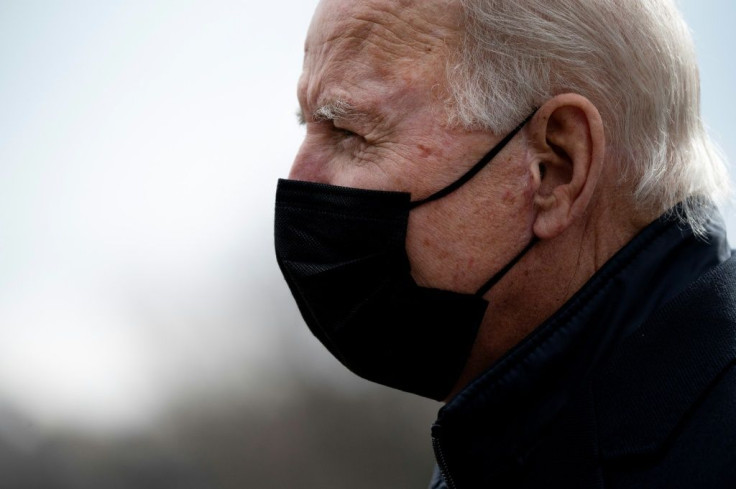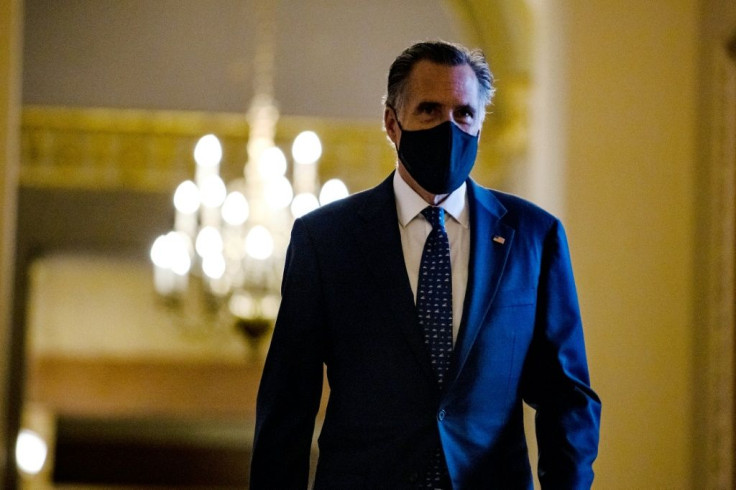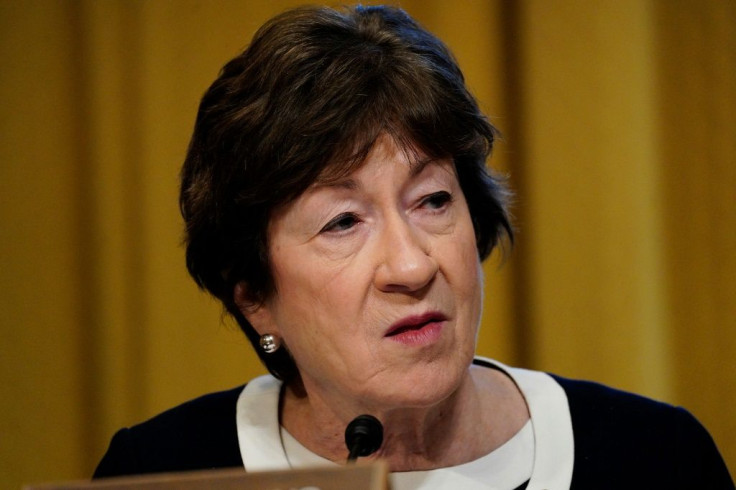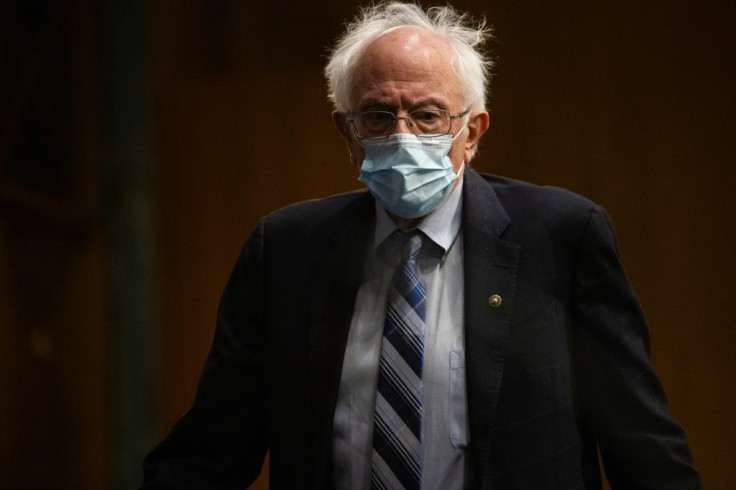10 Republicans Propose Alternate Covid Relief Plan To Biden
A group of 10 Republican senators have written President Joe Biden to propose an alternative to his massive Covid-19 relief plan, arguing that their approach could garner the bipartisan support he has said he seeks.
Senator Susan Collins, a moderate Republican from Maine, said on Twitter that she had joined the group, which asked the president in a letter Friday for a meeting to discuss their plan.
She said the group would release details of their plan on Monday.
The proposal comes as Biden faces steep pressure from both sides over how to deal with health and economic crises of historic magnitude. How he resolves the political challenge -- on a strictly partisan basis, or with the help of the opposing party -- could leave a lasting imprint on his presidency.

"We've received the letter and we certainly will be reviewing it," Brian Deese, director of the president's National Economic Council, told CNN's State of the Union on Sunday.
He said Biden was "open to ideas" but that action was needed immediately.

The president's $1.9 trillion plan, Deese added, had been "calibrated to the economic crisis that we face," which he said had left some 30 million people without enough to eat.
The Republicans' alternative plan, according to reports, would be far smaller than that -- around $600 billion -- likely much too small for many Democrats to accept.
White House press secretary Jen Psaki said in a statement Sunday evening that Biden had invited the letter signatories to meet with him Monday and discuss their plan.
But "with the virus posing a grave threat to the country, and economic conditions grim for so many, the need for action is urgent, and the scale of what must be done is large," Psaki said.

"Americans of both parties are looking to their leaders to meet the moment."
Biden unveiled his plan on January 14, saying it was urgently needed to bring the Covid-19 pandemic under control and pull the nation out of a deep economic slump.
The plan would provide checks to families, funds to help safely reopen schools, money to accelerate Covid-19 testing and vaccine distribution, financial support for small businesses and increased food aid for those in need.
Republicans say the bill is far too costly at a time of historic debt levels, and with Congress already having committed some $4 trillion to pandemic relief, including $900 billion in December. They want aid more closely targeted to those in need.

Republicans also want a separate vote on raising the federal minimum wage -- which Biden's plan would boost from $7.25 an hour to $15.
The 10 Republican senators include party heavyweights like Mitt Romney, the 2012 candidate for president, and Rob Portman, a former director of the Office of Management and Budget. If Biden is to achieve his goal of bipartisanship, such a group could prove crucial.
If Senate Democrats hold together, the 10 Republican senators would give them enough support to pass the president's plan under normal procedure, which requires 60 out of 100 votes.
Democrats have said that if necessary they will turn to a process known as reconciliation, which would allow passage with a simple majority.
The Democrats control 50 seats in the upper chamber, but ties are broken by Vice President Kamala Harris. They hold a narrow majority in the House of Representatives.
Raising uncertainty, centrist Democratic senator Joe Manchin -- whose state of West Virginia is among the country's poorest -- has insisted on a bipartisan approach and on more targeted aid.
Biden said on Friday that "I support passing Covid relief with support from Republicans if we can get it. But Covid relief has to pass. There's no ifs, ands or buts."
Independent-minded Senator Bernie Sanders struck a similar tone.
"If Republicans want to work with us, they have better ideas on how to address those crises, that's great," he told ABC's "This Week."
But he said he was "absolutely confident" that Democrats could stick together to pass the relief bill through reconciliation.
Many Democrats say they have not forgotten the lesson of 2009, when Barack Obama's administration, with Biden as vice president, spent months trying to secure Republican support for a larger economic stimulus and to pass the Obamacare health plan, but ultimately had to pass it on strict partisan lines.
Having learned that lesson, they say, they are no longer willing to wait too long -- or make too many concessions -- in a possibly futile quest for bipartisanship.
"We have learned from past crises that the risk is not doing too much," Biden said on Friday at the White House. "The risk is not doing enough."
© Copyright AFP 2024. All rights reserved.





















